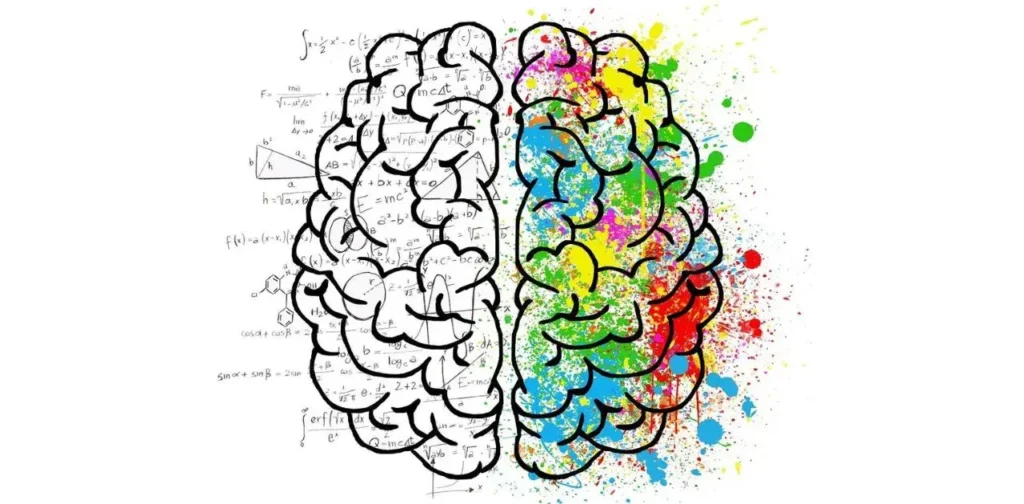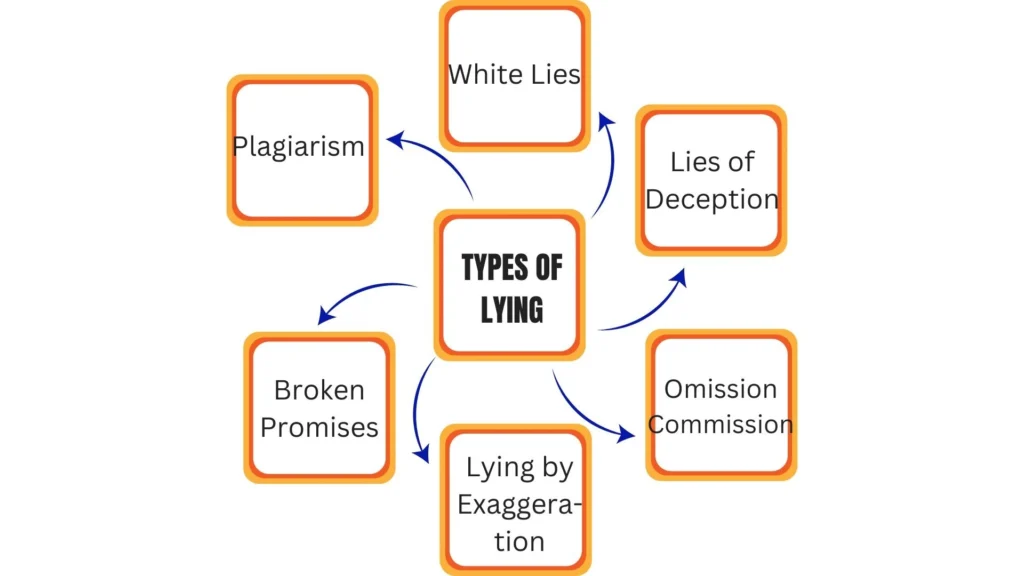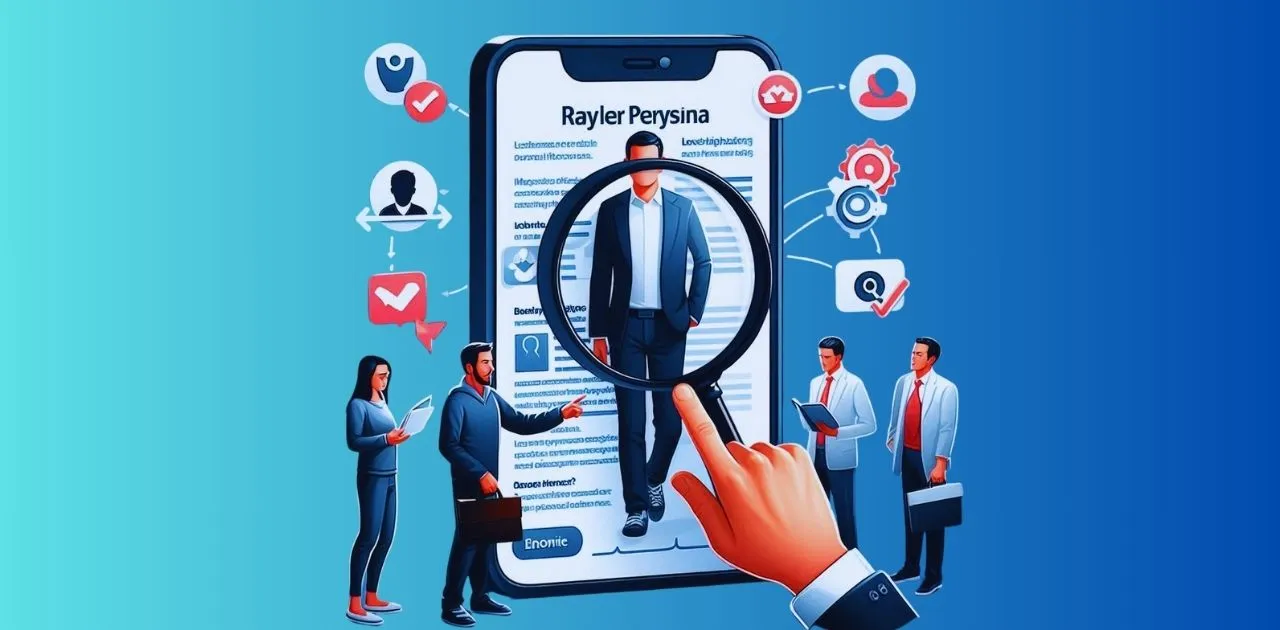Do you want to know ‘how to break the habit of lying’ and maintain a great legacy? Imagine your life is blank; you can color it with honesty or deceit. If you choose dishonesty, you are impacting the true richness of your legacy.
As William Shakespeare said, “No legacy is so rich as honesty”; therefore, stop the habit of lying and maintain a great legacy.
Lying could also be categorized as a bad habit or an addiction, among smoking, drinking, or procrastinating. For all your lying problems to be sought out, this blog will help you understand and eliminate them by providing multiple ways to stop lying.
Table of Contents
The Psychology Behind the Habit of Lying
To answer the query, why can’t I stop lying? We must understand the psychology behind this habit. The psychological aspects that trigger this habit can vary and are complicated.

- ‘Why do I lie about small things?’ The reasons behind this can vary with age from childhood to adulthood. As a child, we lie to avoid the consequences of our actions and the punishments from our parents. Children do not even hurt other’s feelings and manipulate things out of pleasure and sheer fun.
- The lies told as we grow older hold a survival value; some people are induced to lie to maintain their ‘face’ or ‘polite social behavior’ in society. Others hide the truth and tell a fabricated story to avoid the threats and to save their families and themselves.
The theory of Sigmund Freudcould also help in knowing the psychology behind the act of lying, and eventually, one can stop the habit of lying by understanding it. Freud’s tripartite model consists of three parts: id, ego, and superego.
- Id works on the pleasure principles, and sometimes it forces people to stay away from reality to avoid anxiety.
- As a result, they falsify things, and the ego copes with this by justifying since the ego works on the reality principle.
- The superego can also play a part in building a habit of lying, as the superego deals with the morality principle.
- The superego wants people to be perfect, so to save themselves from imperfections, they lie to maintain their image in the eyes of others and also in their own eyes.
Types of Lying
In order to understand how to break the habit of lying, it is essential to know about the various types of lying. These are:

White Lies
Although lies are harmful and destructive, certain people consider white lies as trivial or harmless. White lies are told to protect other’s feelings, to protect oneself, and also to avoid awkward situations.
- For instance, we get an invitation to an event, but we need to remember it, and the host calls us to know about our current location; we lie by saying, ‘I’ll be there in 5 minutes’. It is a white lie that is told to avoid awkward situations and maintain our face value.
Lies of Deception
It refers to providing misleading or false information to get personal advantages or manipulate others. This lying problem, i.e., deception, is of two forms: lying by commission and lying by omission.
- Lying by commission means to provide false information intentionally. Suppose a husband asks his wife about the price of a dress she recently bought, and the wife tells him the price is lower than the original or changes the topic without providing the relevant information. In that case, it is said that she intentionally provides false information.
- Lying by omission means withholding relevant information. For example, a husband telling his wife that he will buy that white stuff for someone from the market withholds information about the thing and the person. Break this habit of lying; otherwise, it will weaken your relationships.
Plagiarism
It is not only a lie but also the theft of intellectual property. It refers to copying someone’s work and presenting it as your own. It is a type of cheating and a lie in the sense that you lie about the authenticity of your work to your instructor.
- Suppose you are tasked to write a creative blog of 1500 words, but due to a shortage of time and innovative ideas, you copy it through other people’s blogs or chatGPT. As a result, you publish the blog with your name, but your work is cheating and a lie. Developing effective study habits can break this habit of lying.
Lying in Exaggeration
It is another type of lie in which people overstate things, and it is essential to stop this habit of lying. The act of exaggeration about one’s achievements is also known as a narcissistic habit of a person. In this lying, the truth is distorted to earn respect in the eyes of others.
People may also exaggerate to entertain, emphasize, or create dramatic effects.
- For instance, if you are starving and say, ‘I could eat a horse, ‘ you are exaggerating, and it is considered a lie because it is not humanly possible to eat a horse.
Broken Promises
I’m tired of the lies, the cheating, and the broken promises that were never meant to be kept. – Sidney Sheldon
Broken promises are considered a form of dishonesty. Promising someone to help them with their task or always be there for them gives them hope. Stopping this lying habit is necessary as it distorts your relations.
If you cannot follow through with your words and promises, then it may not always be a lie, but it is a breach of the trust and promise you made, and another person considers it a lie.
How to Break the Habit of Lying: 4 Practical Ways
Once you know the psychology behind lying and the different types of it, you must consider the following ways to break the habit of lying.

1. Make a Plan
Treat lies like other bad habits and addictions. You can make a plan to quit the habit of lying with the following guidelines.
- Before making a plan to break the habit of lying, you need to figure out the reasons why you lie. People may start lying from a very early age. The reasons behind these actions, i.e., the psychology behind the habit of lying, are already mentioned in the previous section.
- After identifying the reasons, you must find the motives to stop lying. You ought to have clear reasons to stop lying because once you become a pathological liar, i.e., one who tells compulsive lies without any clear motive, it becomes even more challenging to be honest again. Consider the effects of your lies on your personality, relationships, and well-being.
- Make your life’s motto, ‘Honesty is the best policy’. Being honest helps you become an upright person and gain the respect of others; also, honesty results in good connections with your acquaintances; it may also lead you to gain lost trust in others’ eyes.
- To get rid of this habit of lying, set a goal and reward yourself for quitting lies. There are other factors like building a support system, i.e., you can get consultation or help from others.
You could also read about ways of stopping a bad habit permanently to learn about making a plan and helping yourself cope with this habit of lying.
2. Ask yourself what’s the Worst That Can Happen
Putting a break to the habit of lying results in developing healthier and long-term relationships, but it does have specific challenges that should be considered.
Asking the question, ‘What’s the worst that can happen?’ could help you to withdraw from this destructive habit of lying. People may lie for fear of hurting others’ feelings or saving their face.
- Suppose a scenario in which someone is asking you for a lift to the airport. If you have said no, it seems like a lousy gesture at first, but it saves you from facing the hatred of that person in the long term, and it also saves that person from being late.
- The worst thing that can happen in this case is short-term displeasure of that person.
- So, considering this question can also help you become honest.
3. Practice Being Authentic
Another way to break the habit of lying is by staying authentic and truthful in all circumstances. If you are triggered by something for telling a lie, remind yourself of the motto you made in your life; whatever the consequences are, you must stay loyal and truthful.
Sometimes, people lie because they think revealing their true personality will lead to rejection. Once you have made false claims and promises about yourself, you must maintain that façade by telling more lies. Being honest gives others more space and reasons to trust you.
4. Build Good Relationship
People always claim they are good at spotting lies and deception. They will feel betrayed, manipulated, and exploited if they can detect your lies and dishonesty.
Also, lies told in relationships lead to distress, mental anxiety, and depression. Even the tiny lies can become more prominent than you intended. So, it is essential to stop the lying habit by prioritizing your relationships.
Once you start telling the truth and stop the habit of lying, you gain the liberation to be yourself, gain respect, and build good relationships with others.
Trust leads to good friendships, great relationships, good work relations, and feelings of belonging to others; it also prevents loneliness and creates a sense of community. So, there is always time to become honest and make honesty the core of your personality.
How to Stop Certain Types of Lying?
Following these steps could help you recover from various lying habits.
Pathological Lying
Also known as compulsive or chronic lying, a pathological liar will lie to anyone about anything without considering the consequences, whether the lie is detailed or vague, big or small.
Unlike occasional lying, pathological lying is a pervasive and profoundly ingrained method of deception. Those who commit this type of lying present themselves as either victim or hero; their stories are complicated and dramatic.
You can stop pathological lying by seeking professional assistance. Besides this, those who are struggling with this behavior may seek guidance and counseling from a therapist to break the habit of pathological lying. It may include:
- Individual therapy
- Group therapy
- Cognitive Behavior Therapy (CBT)
- Medication
- Accountability
- Maintaining open communication
Lying in a Relationship
For healthy and long-term relationships, honesty and trust are integral components. Finding out that your partner is lying either about their past, their affair, gambling, or false promises results in devastation.
Lying in a relationship can lead another person to think that they are not lovable and don’t deserve a good relationship, ultimately leading them to psychological traumas. Breaking the habit of lying in a relationship can lead to a healthy relationship.
Thinking before you speak is the first step to knowing how to stop lying in a relationship. Once you start noticing whether what you say is true, it will help you maintain your relationships. Other factors that help you to stop lying in a relationship are:
- Identify your trigger
- Give space for your partners’ suspicions
- Allow open communication
- Take responsibility for your dishonesty
- Build trust through actions
Lying to Yourself
Sometimes, you exaggerate things or lie even to yourself to boost your confidence; whatever the case might be, it is a type of self-deception that can lead you to damage relations with others and hold you back from reaching your goals.
Luckily, certain things can help you answer your query about how to stop lying to yourself.
Start by staying honest to yourself, and consider why it is essential to remain truthful and honest to yourself. You can also break the habit of lying through:
- Challenging distorted feelings
- Cultivating self-awareness
- Journaling
- Setting realistic goals
- Accepting imperfections
- Rewarding yourself
You can learn the best ways to reward yourself for good habits and understand how to stop lying to yourself by being rewarded.
Conclusion
In a nutshell, you can break the habit of lying by first understanding the psychology or the reasons that trigger us to lie. Secondly, knowing about different kinds of lies is essential to identify your problem. The different ways to stop lying include making a plan, determining your trigger, setting goals, organizing open communication, and others. By following the guidelines and understanding various factors, we can help ourselves achieve our motto, “Honesty is the best policy.”




